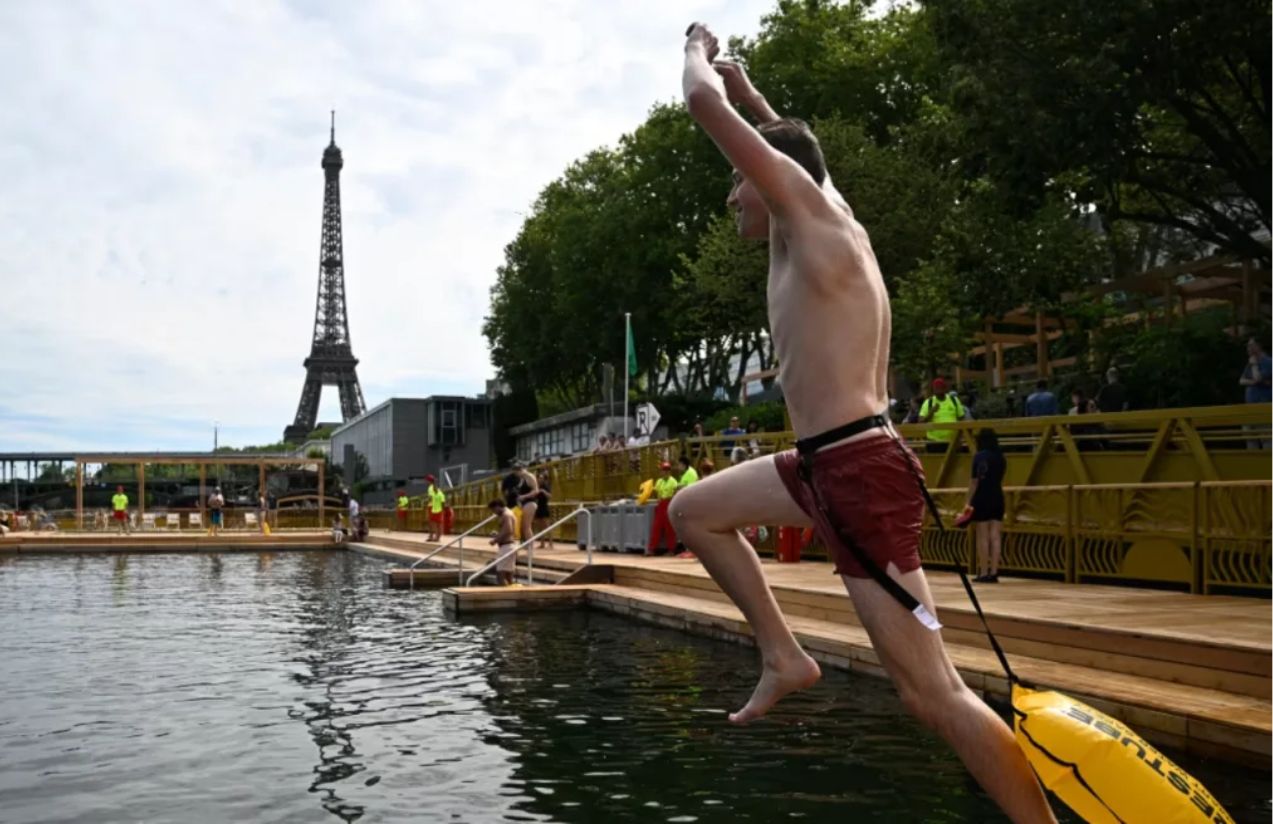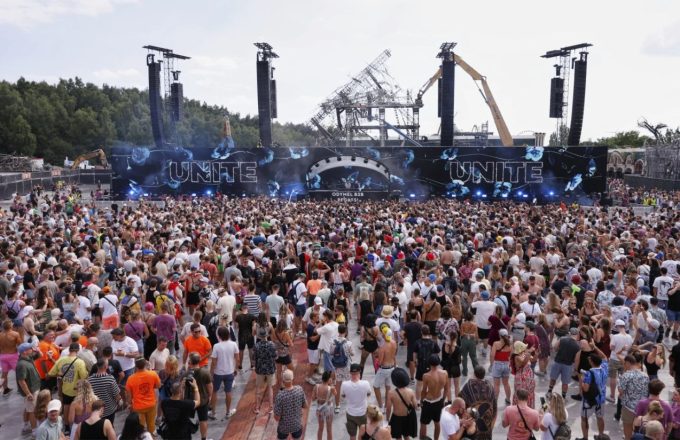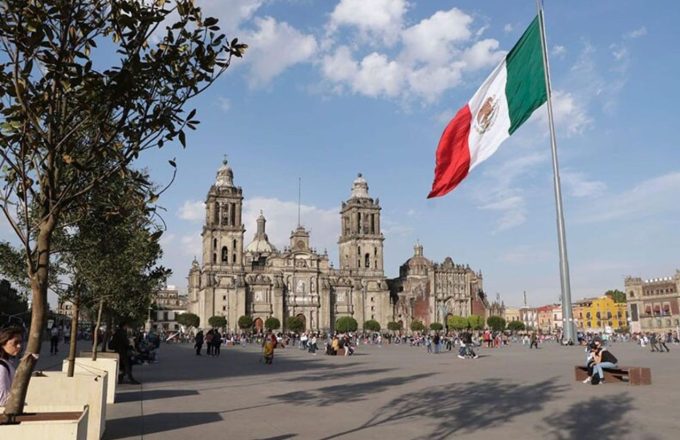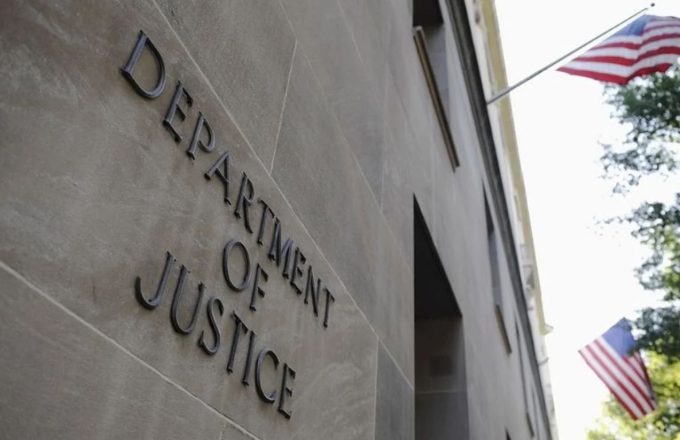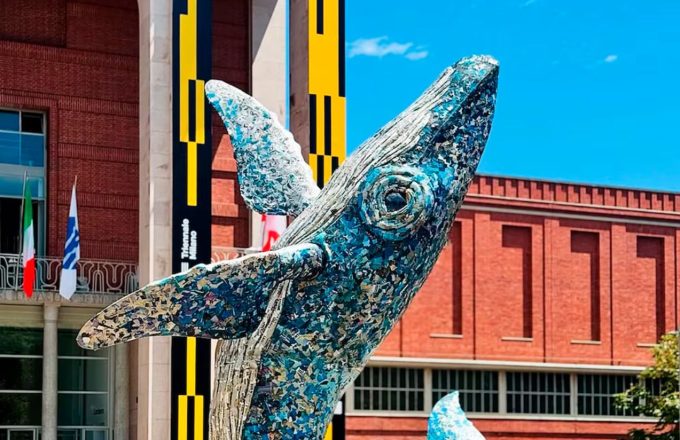Paris is poised for a historic moment: this Saturday, for the first time in more than 100 years, both Parisians and tourists will be allowed to take a legal dip in the waters of the Seine. Long plagued by pollution, the iconic river is finally opening as a recreational swimming spot, following a massive €1.4 billion (approximately $1.5 billion) cleanup effort.
Three designated swimming areas will be accessible in the heart of the French capital: one near Notre Dame Cathedral, another by the Eiffel Tower, and a third in eastern Paris.
Swimming in the Seine has been banned since 1923 due to health risks and river traffic, but that status has now changed thanks to the extensive cleanup undertaken in preparation for the Paris 2024 Olympic Games.
The river played a central role in the Games—hosting the opening ceremony as well as the triathlon and open-water swimming events. Despite setbacks caused by heavy rainfall and elevated bacteria levels, city officials succeeded in meeting strict European water quality standards.
“This is a symbolic moment—we’re reclaiming our river,” said Lucile Woodward, a sports coach and influencer who will participate in the first amateur open-water competition in the Seine this Sunday. Woodward, who took an early dip in the river alongside Paris Mayor Anne Hidalgo, is confident the initiative will be a success. “Once people see that hundreds are swimming and having fun, everyone will want to join in,” she said.
The project is both a technical and environmental feat. Authorities built new sanitation facilities, a massive retention basin to prevent wastewater overflow during storms, and mandated that houseboats connect to the municipal sewage system. Upstream homes that previously discharged waste into the river have also been rerouted to treatment plants.
Deputy Mayor Pierre Rabadan noted that water quality is monitored daily, and beach-style colored flags will indicate whether it’s safe to swim: green for good conditions, red for unsafe water or strong currents. Since early June, test results have consistently met European standards, with only two exceptions caused by rain and boat-related pollution.
“I can’t say how many days we’ll need to close the sites this summer,” Rabadan said, “but water quality looks better than last year. Still, we’re in a natural environment, and weather conditions inevitably play a role.”
In 2024, several athletes reported feeling unwell after competing in the Seine, though it was never confirmed that the river was the direct cause. Despite this, World Aquatics stressed that the conditions met accepted international thresholds.
“The legacy of these efforts is already clear: the Seine is once again open for public swimming, a powerful example of how sport can bring lasting benefits to communities,” the organization said in a statement to The Associated Press.


